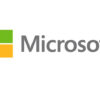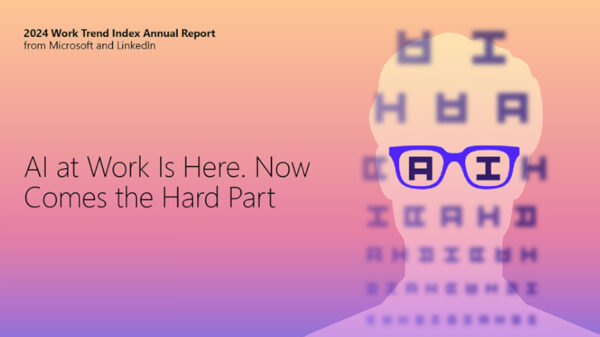Enterprises and consumers in the Asia Pacific (APAC) region are expected to incur nearly $230 billion and $11 billion this year due to security threats and costly computer fixes arising from malware deliberately loaded onto pirated software. This was the highlight of the recent joint study conducted by the International Data Corporation (IDC) and National University of Singapore (NUS) entitled “The Link Between Pirated Software and Cybersecurity Breaches.”

“Cybercriminals are always looking for new ways to break into computer networks to take your money, steal you identity, and passwords for financial gain,” said Raul Cortez, legal and corporate affairs director of Microsoft Philippines.
The study is a global initiative to create greater awareness of the connection between malware and piracy. It covers 1,700 (807 are APAC-based) consumers, IT workers, CIOs and government officials in Brazil, China, France, Germany, India, Indonesia, Japan, Mexico, Poland, Russia, Singapore, Ukraine, UK and the US.
“Cybercriminals are always looking for new ways to break into computer networks to take your money, steal you identity, and passwords for financial gain,” said Raul Cortez, legal and corporate affairs director of Microsoft Philippines.
The study claims that the expected total expenditures on the part of the enterprise are broken down as follows: $59 billion to be used in dealing with security issues, and $170 billion for data breaches.
The study also reveals that the world’s highest enterprise losses (at $138 billion) will come from APAC, where 32% of the pirated software in enterprises is installed by employees. These losses will be at the hands of organized cybercriminals. Besides, 29% of APAC enterprise respondents reported security breaches causing network, computer or Web site outages occurring every few months or more, 66% of these involved malware on end-user computers.
Enterprises face more risks and expenses in dealing with malware. The cost include the following: labor costs associated with preventing or identifying and rectifying security problems; costs of third-party support to deal with the problem; employee downtime; costs to locate and reinstall lost data; costs of data loss from theft as a result of planted malware; costs of fraud from theft of credentials or customer records; losses in terms of revenue time and operating cycles; and cost of resources supporting users with stolen credentials.
On the other hand, 65% of the region’s consumers surveyed relayed that their greatest fear from infected software is the loss of data ,files or personal information, followed by unauthorized Internet transactions (48%) and potential identity theft (47%). Forty one percent are said to have aggravate the problem as they do not install security updates, leaving their computers open to attack by cybercriminals.
The NUS forensic work comes up with a list of costs to consumers from malware in pirated software. These include the value of time lost dealing with issues; the cost of paying professionals to help fix the problem; and the cost to replace lost data or re-establish an identity after identity theft.
The research also found out that the chance of encountering malware in a pirated copy of software is one in three while the chance of encountering malware in a PC purchased with pirated software on it is more than 60%. These findings were based on a forensic analysis conducted by NUS to 203 PCs acquired from PC resellers, specialty shops and PC markets in typical buying situations in 11 countries in January and February this year.
Similarly, the study pointed out that 46% of PCs were found out to have been infected with dangerous malware including viruses, worms, Trojan horses, rootkits, and unwanted Adware, which had pre-infected the new PCs before they could even access the Internet. Besides, more than 100 discrete threats were discovered, making an average of three per PC. It was noted that a single threat could infect multiple files.











































































































